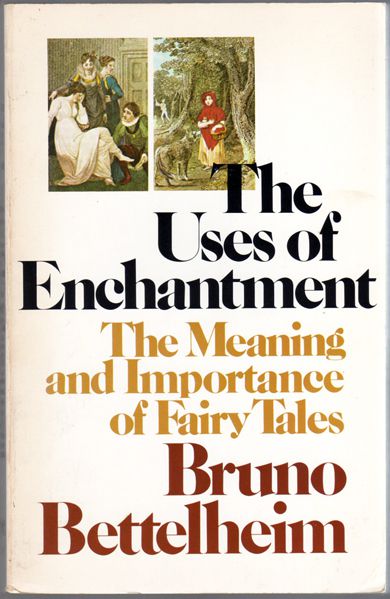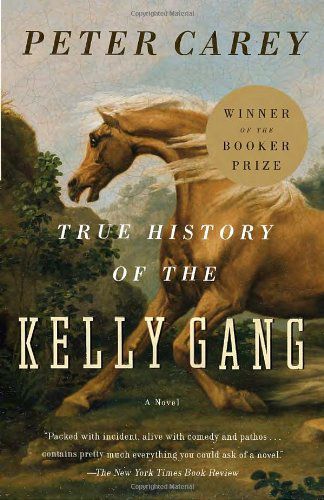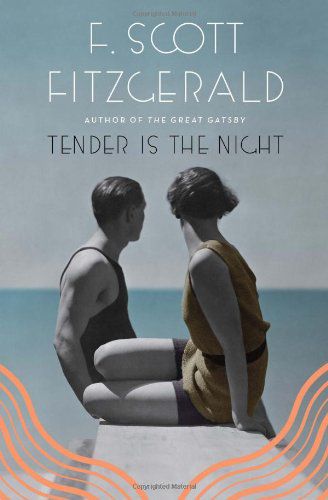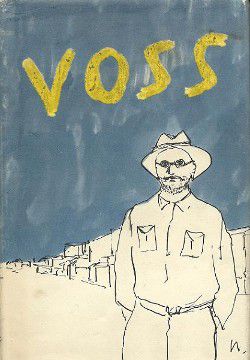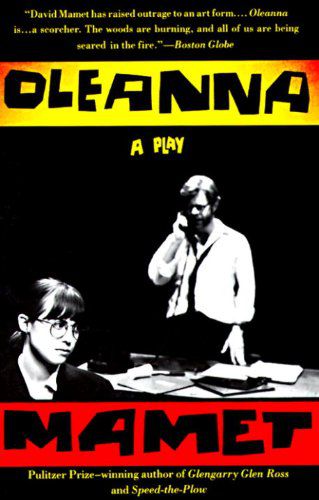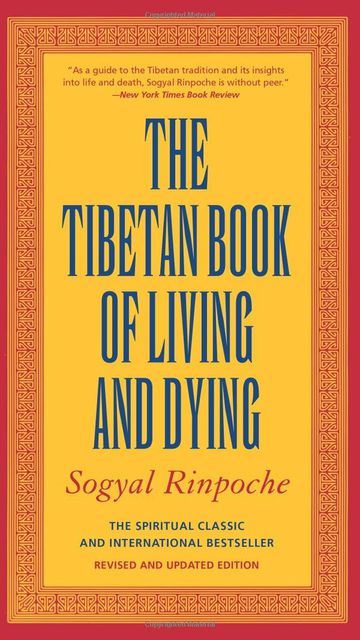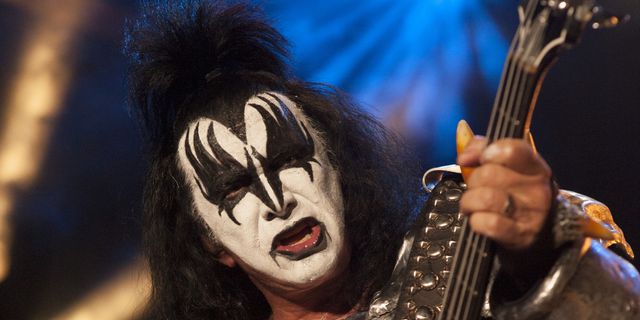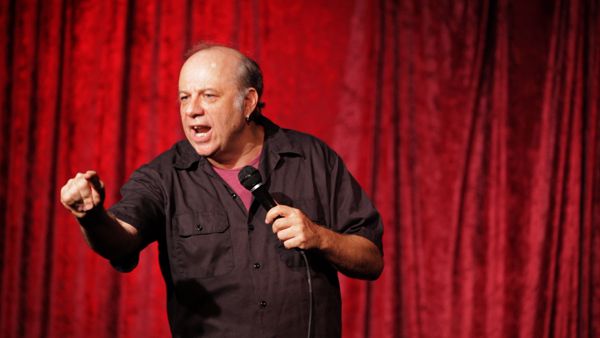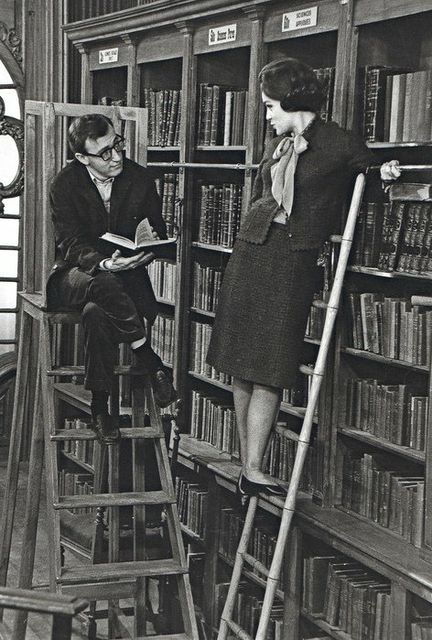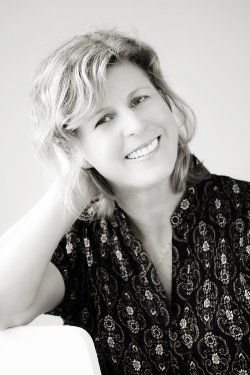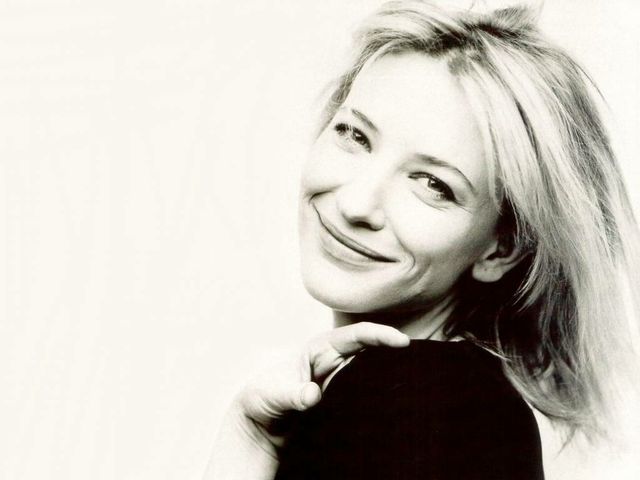
Cate Blanchett
Veronica Guerin was an Irish journalist who, in the early 1990s, wrote about drug dealers and major drug importers in Dublin. She railed against the ineffectual nature of the Irish legal system — how the government couldn't get these guys, who were blatantly guilty and walking into pubs and shooting people. Guerin had a sense of moral outrage, but also I think she loved to be at the center of life, doing something to make a difference. The great tragedy was that none of the laws changed during her lifetime. She had been threatened and beaten up for her writings and was killed in 1996. As a result of her death, there was a lot of marching, Concerned Parents Against Drugs became an important force, and changes finally occurred. What stuck me about Veronica Guerin was that she believed in the power and necessity of writing. I've tried to read popular books — the ones people are all abuzz about — and I can't help but think, "Oh, it's like fashion, where you feel this will be gone in a week." The other thing with a lot of books out now is that they're begging to be turned into films; they're being written with a cinematic eye, and I find it hard to spend time with something that's a bit cynically conceived. The books and the play I've picked feel to me as if they had to be written. They are intimate books, full of issues and characters that need to be heard.
Catherine "Cate" Blanchett is an Australian actress of screen and stage. She has received critical acclaim and many accolades, including two Academy Awards, three Screen Actors Guild Awards, three Golden Globe Awards and three BAFTA Awards. She was appointed Chevalier of the Order of Arts and Letters by the French government in 2012. In 2014, she was presented with a Doctor of Letters from Macquarie University in recognition of her extraordinary contribution to the arts, philanthropy and the community, her third honorary degree from major Australian institutions.
